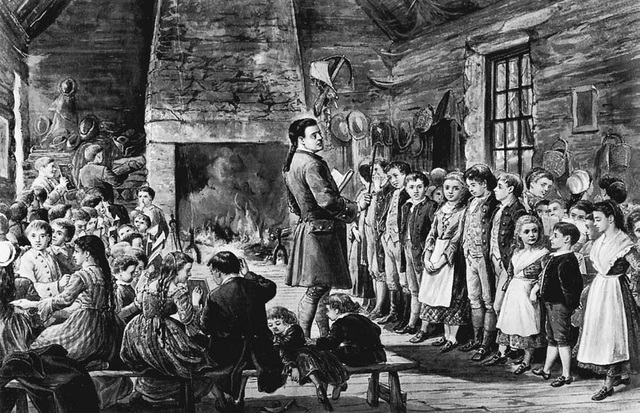



DEVELOPMENT OF EDUCATION IN INDIA DURING BRITISH RULE

In pre-British days, Hindus and Muslims were educated through Pathsala and Madrassa respectively, but their advent created a new place of learning i.e. Missionaries. Initially, the British East India Company was not concerned with the development of the education system because their prime motive was trading and profit-making. To rule in India, they planned to educate a small section of upper and middle classes to create a class “Indian in blood and colour but English in taste” who would act as interpreters between the Government and the masses. This was also called the “downward filtration theory”.
Under Company Rule:
After the Crown Took Over:
Even the inadequate measures the government took for the expansion of modern education were guided by concerns other than philanthropic. The government measures for promotion of education were influenced by agitation in favour of modern education; need to ensure a cheap supply of educated Indians to man an increasing number of subordinate posts in administration and hope that educated Indians would help expand market for British manufactures in India and an expectation that Western education would reconcile Indians to British rule.

© 2025 iasgyan. All right reserved